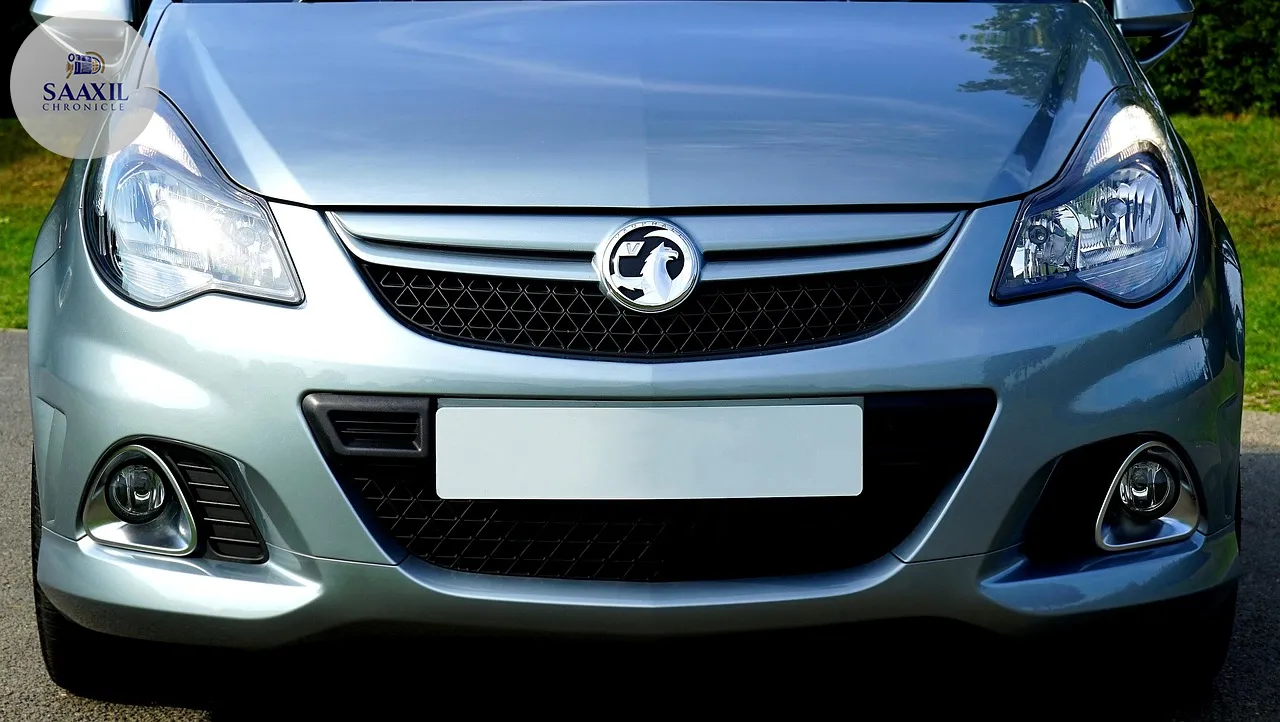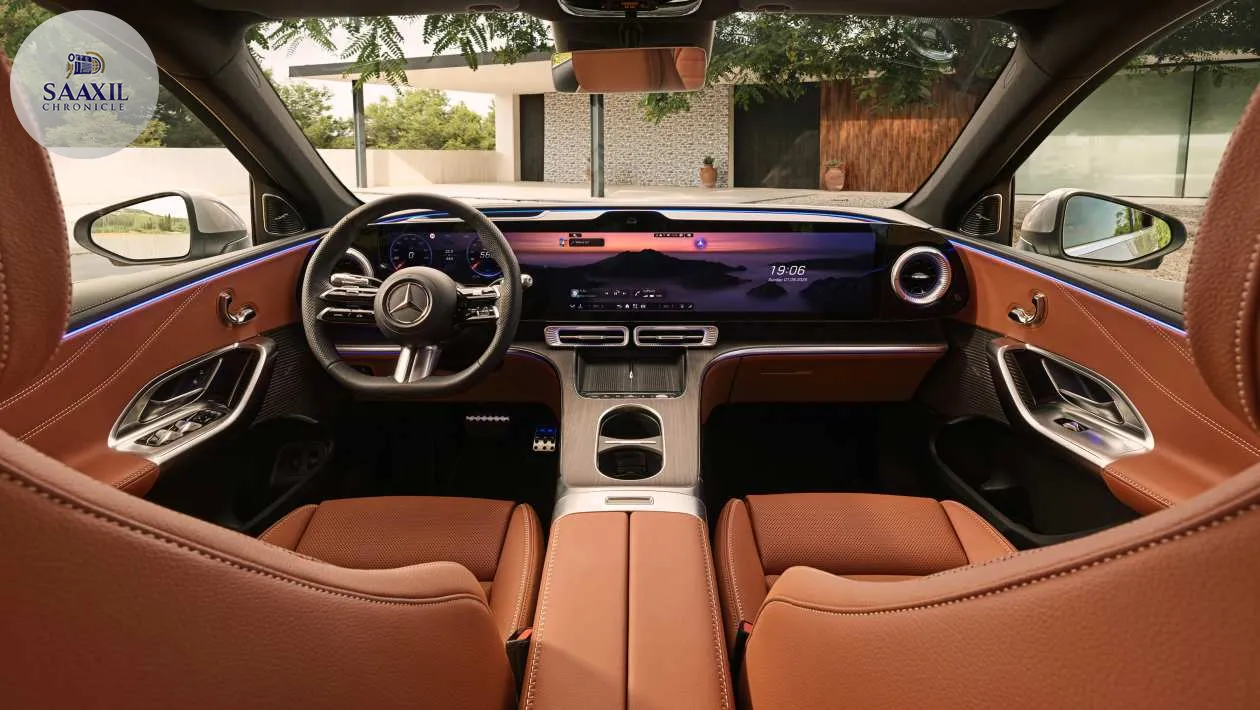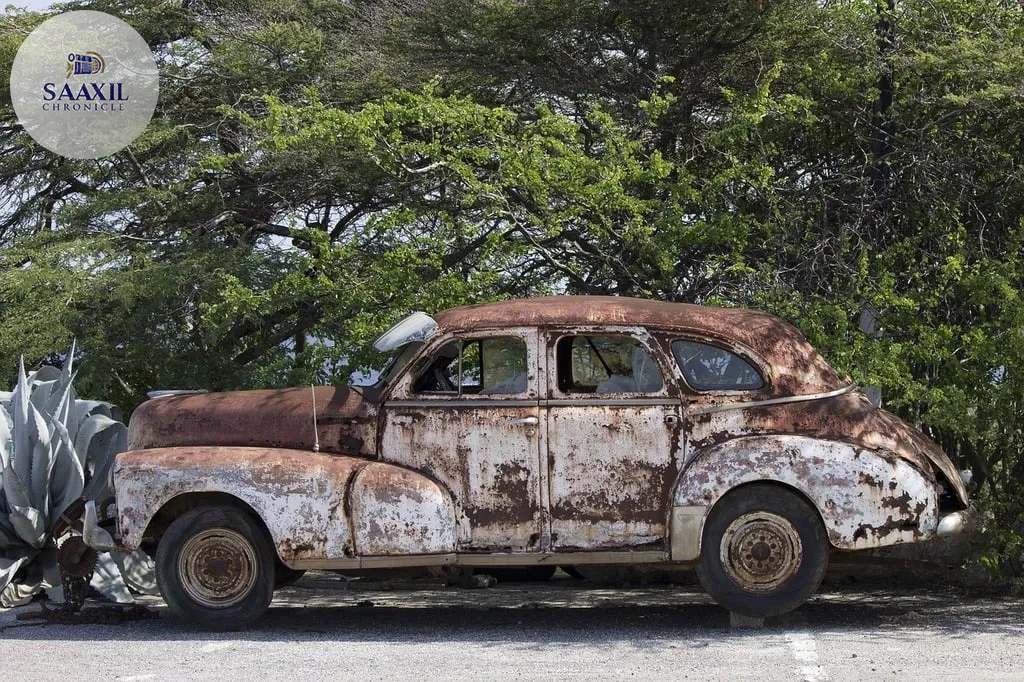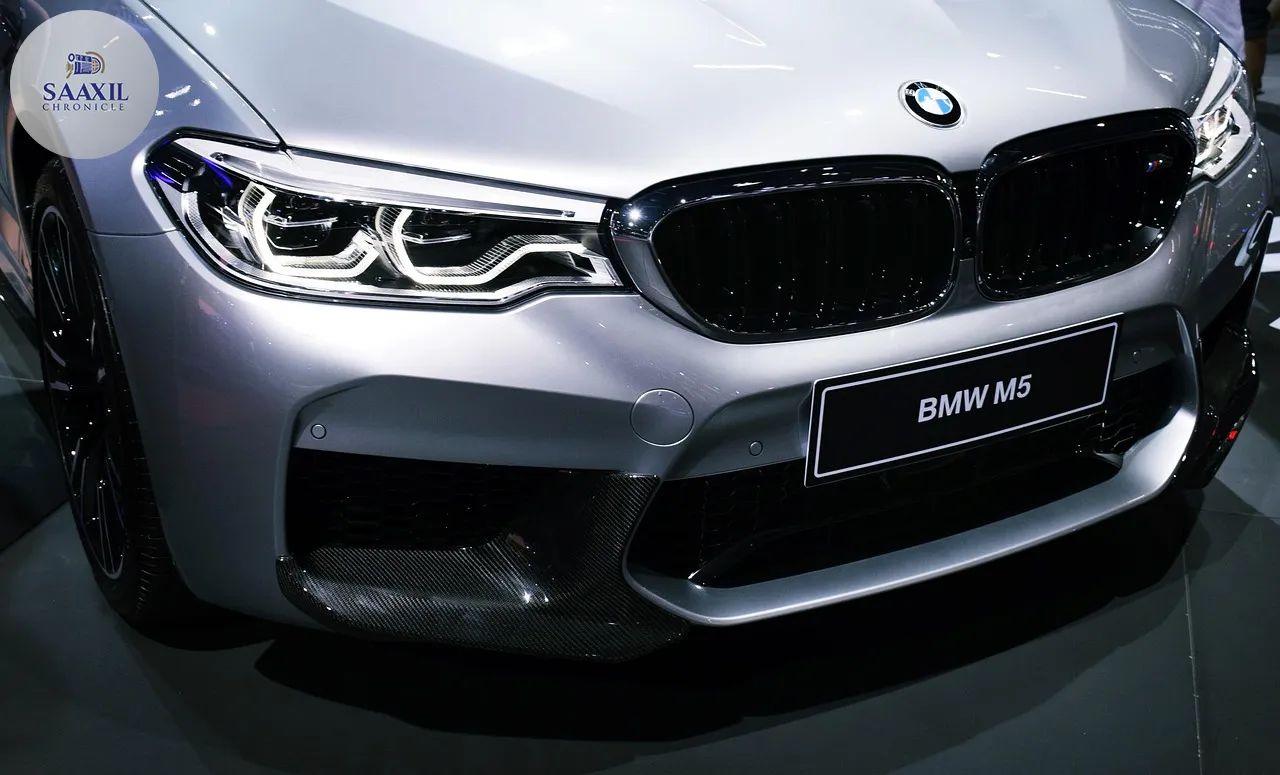Eurig Druce, the new head of Stellantis UK, is making waves with his fresh perspective on the future of Vauxhall, a brand steeped in 122 years of British automotive history. Amidst ongoing discussions about the relationship between Vauxhall and its German counterpart Opel, Druce has posed an intriguing question: Why shouldn’t Vauxhall, a quintessentially British brand, expand its reach beyond the United Kingdom? This suggestion comes as the company aims to strengthen its market position domestically, targeting a market share of 5.83% in 2024.
Vauxhall’s Identity and Challenges
The debate surrounding Vauxhall’s identity is not new. With Opel marketed as a German brand and Vauxhall as British, questions often arise about the necessity of maintaining separate identities for what are essentially the same vehicles. However, abandoning Vauxhall’s rich history and its established presence in the UK market seems imprudent. As Druce emphasises, building Opel as a brand in the UK would be far more challenging than revitalising Vauxhall.
Druce, who took over the helm of Stellantis UK following the departure of Vauxhall’s previous managing director, is not one to shy away from the truth. He acknowledges the need for Vauxhall to improve but also sees potential in leveraging the brand’s British heritage. “There are markets where a British brand would do better than a German one,” Druce suggests, indicating that while this isn’t an official strategy yet, it’s worth considering.

Strategic Goals and Market Position
Stellantis UK has set ambitious targets for its brands, with Vauxhall being a focal point due to its status as a homegrown brand. Druce stresses that Vauxhall must excel in profitability and market share, highlighting its unique position as a British brand manufacturing within the UK. To achieve these goals, Druce plans to reinvigorate the Vauxhall team and dealership network, ensuring that they have the necessary tools—such as new models like the Frontera and Grandland—to succeed.
Despite a reduction in the number of Vauxhall dealers from 349 in 2013 to about 190 now, Druce remains optimistic. Coverage across regions remains robust, and the brand’s peak market share of 14% in 2008 indicates significant room for growth. Druce’s strategy involves engaging dealers, building on existing relationships, and capitalising on local loyalty to boost sales.
Overcoming Brand Perceptions
Addressing perceptions of brand snobbery, Druce acknowledges that Vauxhall cars are often viewed as “honest” vehicles. However, he sees this as a strength rather than a weakness. Druce plans to leverage Vauxhall’s established relationships in rural areas, where customers often have strong ties to local dealers. “There’s loyalty to the brand but loyalty to the dealer too,” Druce notes, underscoring the importance of these connections.
Moreover, Druce believes that Vauxhall’s new product lineup, priced competitively and offering electric vehicle options alongside traditional internal combustion engines, will attract a broader customer base. This strategy aims to position Vauxhall as an appealing choice for both existing and new customers, offering simplicity and value.
Future Prospects and Industry Impact
Druce’s proposal to explore international markets for Vauxhall could reshape the brand’s future and open new avenues for growth. While the idea is still in its early stages, it reflects a willingness to innovate and adapt in a rapidly evolving automotive industry. Should Vauxhall successfully expand beyond the UK, it could set a precedent for other British brands looking to capitalise on their heritage and identity in global markets.
As Stellantis UK works towards its objectives, the focus remains on strengthening Vauxhall’s domestic position while considering potential international opportunities. Druce’s leadership brings a renewed sense of purpose and direction to the brand, aiming to revitalise its image and performance in a competitive market.
In summary, Eurig Druce’s vision for Vauxhall extends beyond traditional boundaries, suggesting a bold future for the brand. By embracing its British identity and exploring new markets, Vauxhall could redefine its role within the Stellantis portfolio and the broader automotive landscape. As the industry continues to evolve, Vauxhall’s journey will be one to watch, with potential implications for both the brand and its loyal customers.





